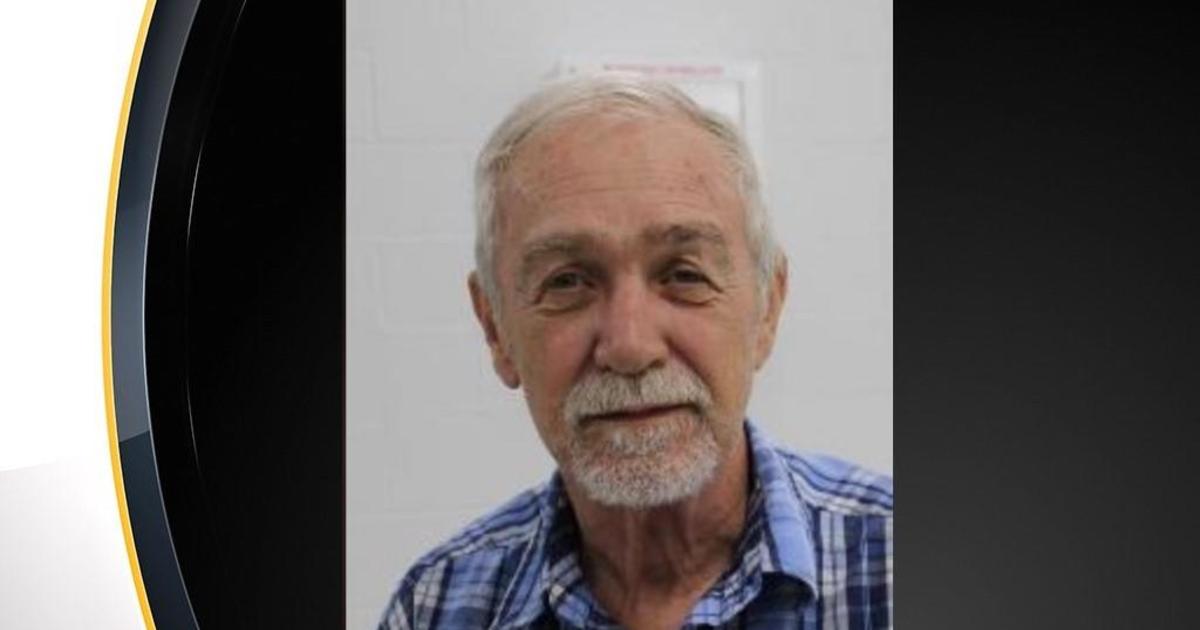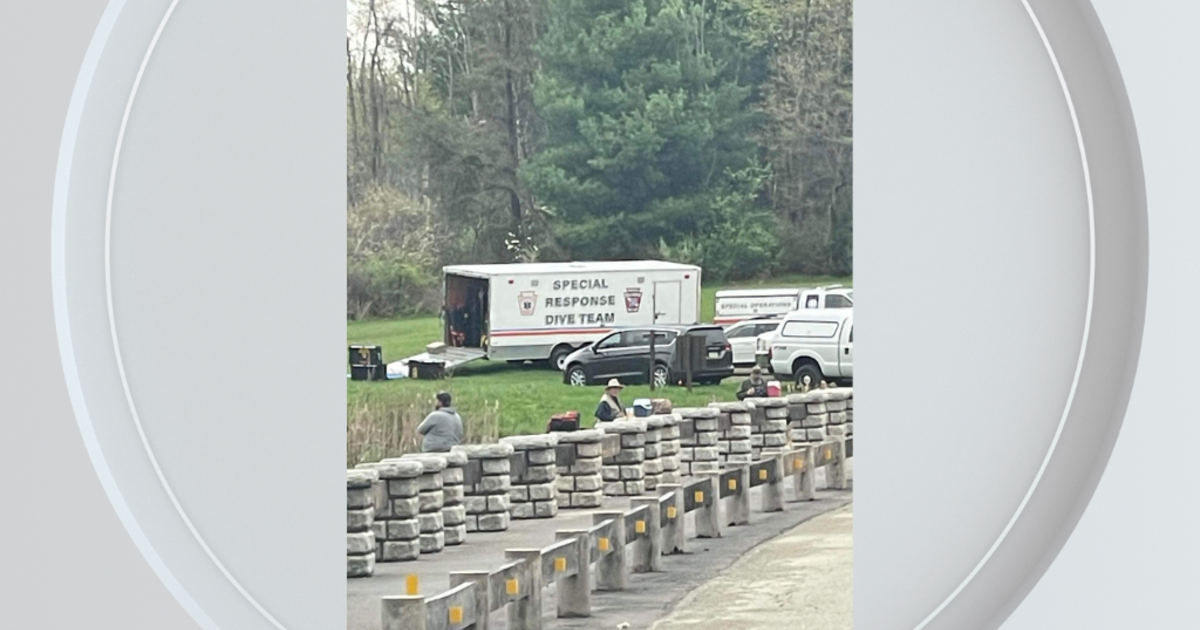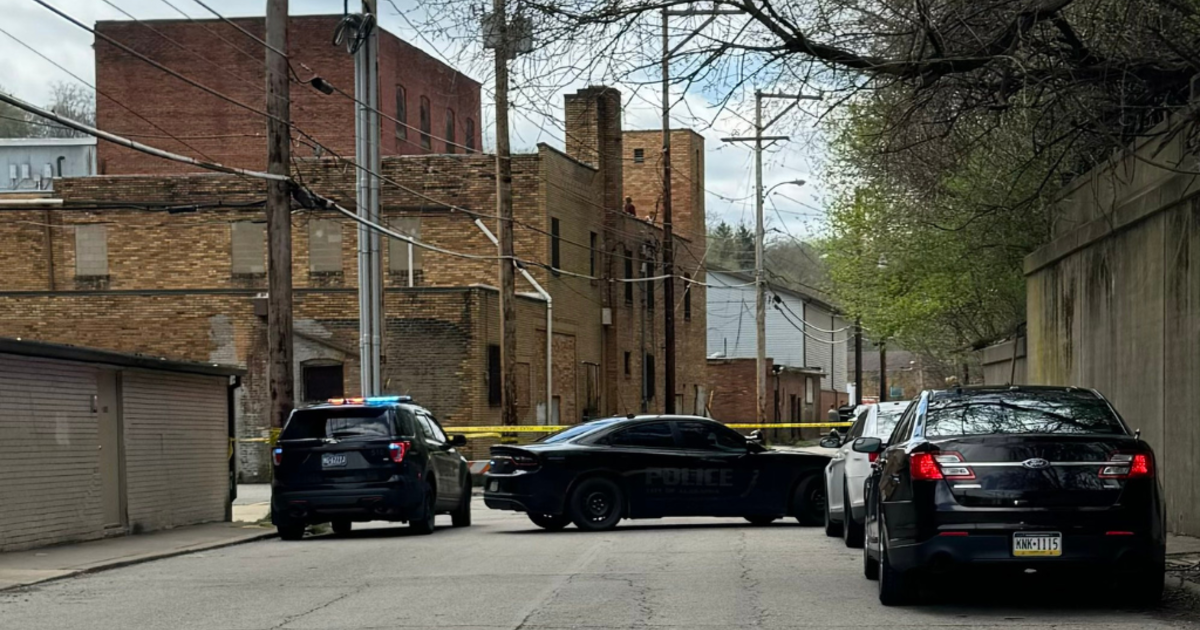Justices Take Up Free Speech Case Of Anti-Police Rap Lyrics
Follow KDKA-TV: Facebook | Twitter
HARRISBURG, Pa. (KDKA) -- They call themselves "gangsta rappers," but Jamal Knox and Rashee Beasley may have crossed the line between protected free speech, and terroristic threats and intimidation when they called out two Pittsburgh police officers by name in a rap song.
The lyrics were clear, "Let's kill these cops, 'cause they don't do us no good, pullin' your Glock out 'cause I live in the hood."
The officers had other pending cases against both young men, and when they heard the rap song, felt threatened.
Knox and Beasley were convicted, but now the state Supreme Court will decide whether the lyrics were protected art, rather than threats.
Attorney Patrick Nightingale represents Knox, whose tune is entitled with a word we can't use, "[Expletive] the Police."
"Would you admit that it was offensive stuff?" KDKA's Jon Delano, an attorney, asked Nightingale.
"Yes, I would absolutely agree that it was offensive," responded Nightingale, "and I would go a step further and say, that was the point."
But Assistant Allegheny County District Attorney Frank Nepa said, by naming the police officers, identifying with cop-killer Richard Poplawski, and including gun shots in their video, the rappers crossed the line to unprotected terroristic and intimidating speech.
From the rap song: "I ain't really a rapper, but I spit wit the best. I ain't carry no 38, dog, I spit with a tec. That like 50 shots, [offensive slur], that's enough to hit one cop 50 blocks."
In a separate video, Knox insists he's an entertainer.
"We're in the studio right now, getting it in. I'm an entertainer. This is what we do. I'm only 18, Soulja 20. We're chasing our dream. That's all that it is. It's music to me. I'm a poet," says Knox.
While the District Attorney's Office saw a direct threat to specific Pittsburgh police officers in that rap song, Nightingale argues not so.
"To determine whether or not a threat is a true threat, you have to engage in a two-step analysis of the intent and was there communication. And, we believe, if you look at the song lyrics and in the context of the manner in which the song was made, it is not a true threat," he said.
One other complication.
The rap song was not posted on Facebook by the rappers but by someone else, so, they argue, they did not intend for the police to see it.
Courts have given a wide berth for artistic expression -- allowing profane and disgusting lyrics that offend one group or another.
But calling for the killing of police officers, two in particular, may be too much for the Court, especially since these two officers had pending cases against the rappers at the time.
Still, there's no predicting what the Court will do, and no timetable on when the Court will decide the issue.



